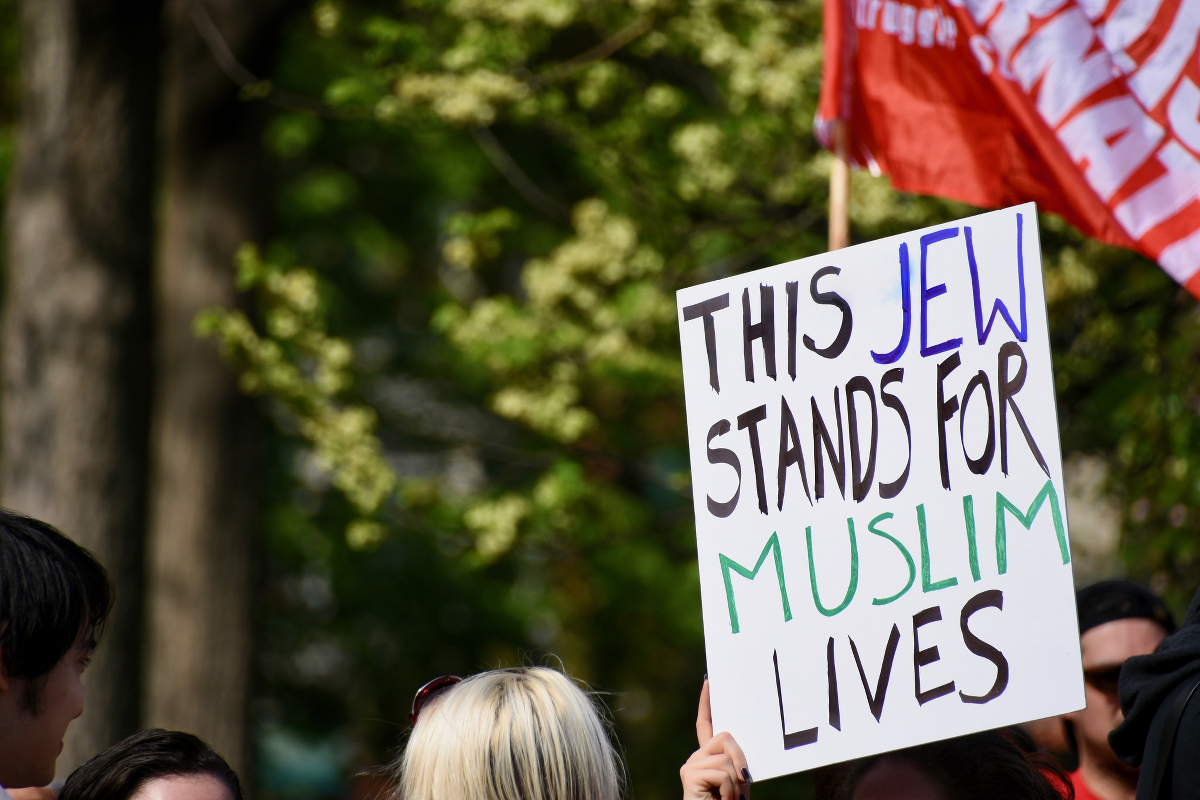Good morning, readers! We’re enjoying an assortment of eclectic longreads today for a variety of tastes, from the frontiers of medicine to sexual harassment scandals in USA gymnastics. As always, we’re curious to know what you’re reading, so drop us a line in the comments!
If you haven’t already, subscribe to the Global Comment podcast on iTunes and Soundcloud and catch up on the first episode, a fascinating interview with Omar Saif Ghobash.
‘Her Husband Was Dying From A Superbug. She Turned To Sewer Viruses Collected By The Navy.‘ (Azeen Ghorayshi for Buzzfeed)
Some of the most amazing leaps and bounds we’re making in modern science involve going backwards…like really backwards, as in, delving into sewers for ancient, yet cutting edge, treatments for severe infections. This is an outstanding read.
But while the scientists in Paris celebrated the 100-year anniversary of the discovery of phages, these biological weapons are nearly impossible to get to patients in the US. Using nature’s own viruses to treat infections doesn’t jive with the FDA’s process for approving new pharmaceuticals, nor Big Pharma’s motive to sell one-size-fits-all pills for the masses.
‘Notes From a Young Professor: Writing and Teaching Through Charlottesville’s Culture Wars‘ (Emma Eisenberg for Catapult)
The editors at Catapult excel when it comes to finding, and perfecting, thoughtful essays that may read like a stream of consciousness ramble until suddenly all the pieces fall together, click, revealing something elegant and beautiful and complex. This is no exception.
I move. The front of my new house is also brick, but it is real brick. This house was once a mansion on top of a hill where white people forced black people to perform the tasks of their bondage. Our neighborhood is named after this house. The old front of the house has columns and faces what is now our backyard. In the backyard is a church which chimes every hour from eight in the morning to eight at night. At noon and six, it is fancier, a song. The floors are painted green and none of the outlets have three prongs.
‘My Father Spent 30 Years In Prison. Now He’s Out.‘ (Ashley C. Ford for Refinery29)
When your father has spent most of your life in prison, how do you reconnect? This is a complex reflection on family, culture shock, and how we interact with each other in era heavily mediated by technology and distance.
I’d seen my dad approximately four times over 30 years, but I only remembered two of them: a visit when I was 12 years old, and one when I was 25. When I thought of visiting my father, I pictured the beige rooms, the beige uniforms, and how everything seemed to be nailed down. I always brought bags of change to use at the vending machines. I knew he had a sweet tooth, and I wanted to buy him something sweet. He always got reprimanded by guards for holding my hands too long.
‘Israel’s Invisible Filipino Work Force‘ (Ruth Margalit for the New York Times Magazine)
Israel needs caregivers. People in the Philippines are looking for new opportunities. Is it an ideal match, or does it come at a dark price that’s only visible after commitments are finalised?
The most pressing need for workers is in the caregiving profession. In 2009, there were fewer than 250,000 Israelis over the age of 80; by 2059, there will be well over a million, according to one population projection by the Central Bureau of Statistics. Added to that is a serious shortage of working hands: In the 1990s, the ranks of the caregiving sector in Israel were occupied primarily by female immigrants from the former Soviet Union. But that population is now largely retired, leaving a major vacuum.
‘The U.S. Gymnastics System Wanted More Medals, And Created A Culture Of Abuse To Get Them‘ (Dvora Meyers for Deadspin)
USA Gymnastics has been rocked by a series of sexual harassment and assault scandals in recent years. It’s also been making headlines for training incredible athletes who are sweeping international competitions. Can the two be separated?
If the press had been expecting to find the women merely happy to receive Olympic recognition, they were sorely mistaken. As she had a decade before, Dantzscher spoke up about their difficult Olympic experiences. Others, though, like 2000 national champion Elise Ray, spoke up about how they felt about how difficult and traumatic those experiences had been.
If you enjoy our work, please consider supporting us with a one time or recurring donation. We believe in paying writers, and we rely on our readers to help us continue serving up interesting, dynamic, and engaging commentary every weekday. To make sure you don’t miss any of that commentary, you can subscribe to our newsletter below — and if you’re interested in writing for us, check out our contributor guidelines.
Photo: Alec Perkins/Creative Commons

